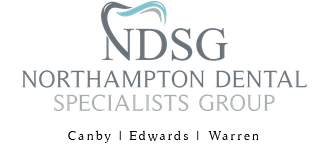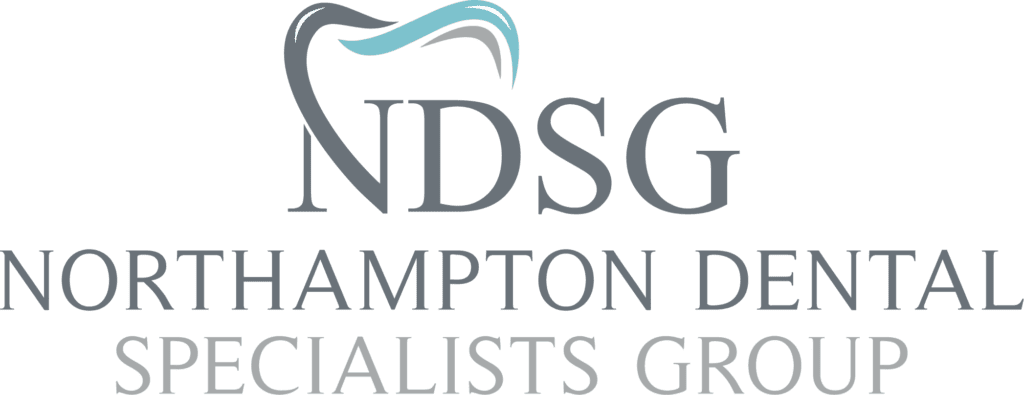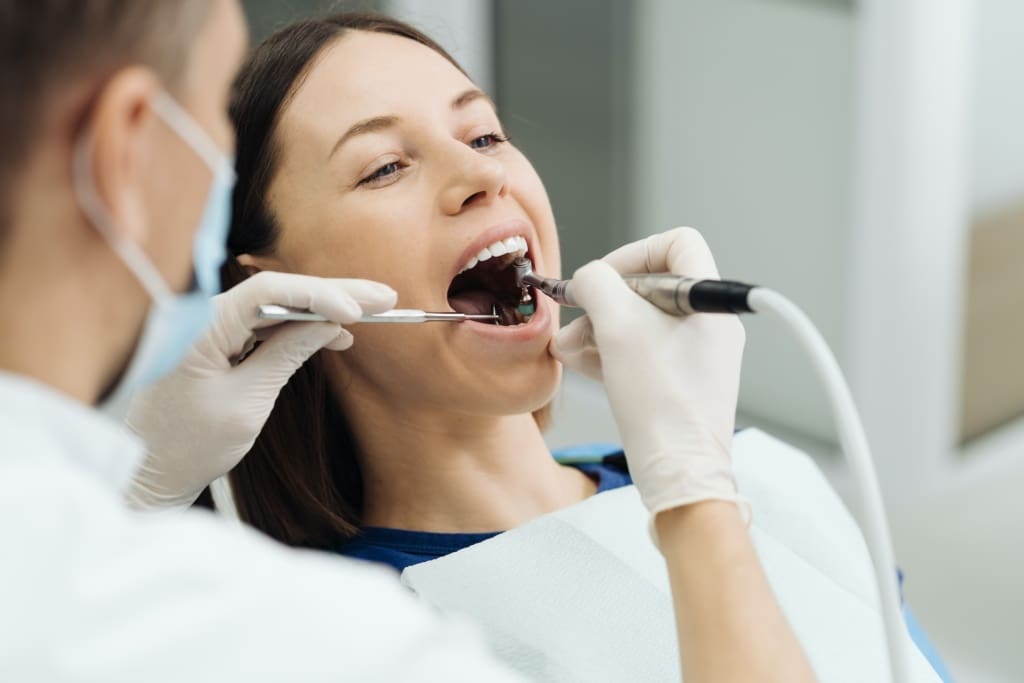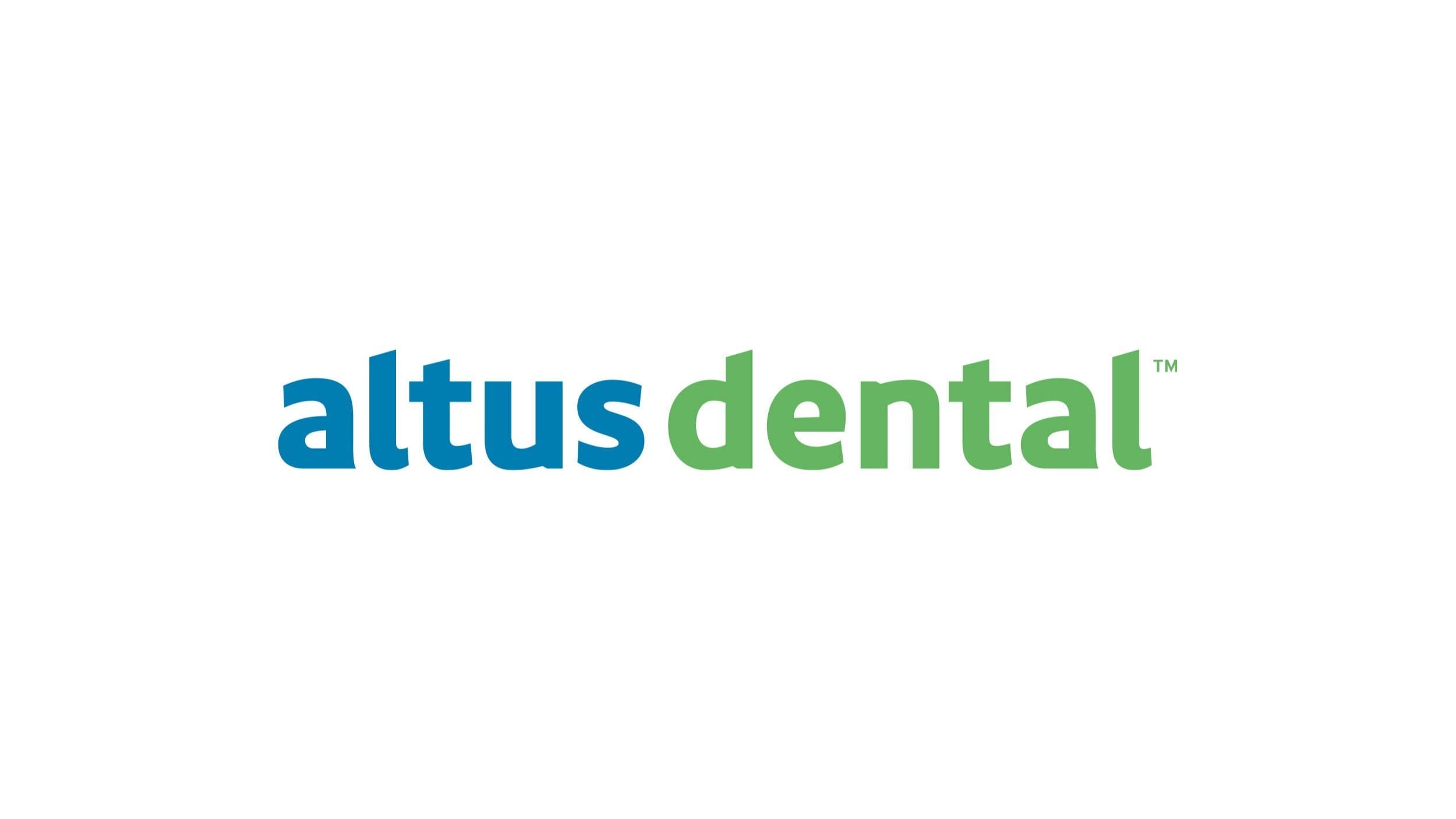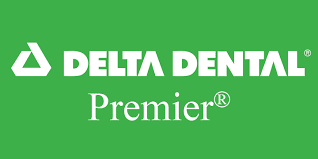Dental health is essential for everyone, regardless of age. From infancy to senior years, proper oral care can help prevent a variety of dental issues and contribute to overall well-being. In this article, we will provide educational content, tips, and how-to’s for maintaining excellent dental health at every stage of life. Let’s explore the unique needs of each age group and learn how to keep those smiles bright and healthy for a lifetime.
Infants and Toddlers: Building a Strong Foundation
Baby Teeth Matter
Many people mistakenly believe that baby teeth are not important because they will eventually fall out. However, baby teeth serve as placeholders for adult teeth and play a crucial role in speech development and chewing. Taking care of baby teeth helps set the stage for a lifetime of good oral health.
How to Care for Your Baby’s Teeth
1. Begin cleaning your baby’s gums with a soft, damp cloth before their first tooth emerges.
2. Once the first tooth appears, use a soft-bristled toothbrush and a tiny amount of fluoride toothpaste to gently brush the tooth.
3. Schedule your child’s first dental visit by their first birthday.
Children and Teens: Developing Healthy Habits
Teaching Proper Brushing Technique
Children should learn the correct way to brush their teeth to ensure they’re effectively removing plaque and bacteria. Teach your child to:
1. Hold the toothbrush at a 45-degree angle to the gums.
2. Use gentle, circular motions to clean all tooth surfaces.
3. Brush for at least two minutes, twice a day.
The Importance of Flossing
Flossing should become a part of your child’s daily routine as soon as they have two teeth touching. Encourage your child to floss daily and demonstrate the proper technique.
Preventing Tooth Decay
Tooth decay is the most common chronic childhood disease. To help prevent cavities:
1. Limit sugary snacks and drinks.
2. Ensure your child receives the appropriate amount of fluoride, either through tap water or fluoride supplements.
3. Consider dental sealants for added protection against decay.
Adults: Maintaining a Healthy Smile
At-Home Oral Care
As an adult, it’s essential to maintain a consistent oral hygiene routine, including:
1. Brushing your teeth twice a day with fluoride toothpaste.
2. Flossing daily.
3. Using an antimicrobial mouthwash to help kill bacteria and freshen breath.
Regular Dental Checkups
Visiting your dentist regularly for checkups and cleanings is crucial for maintaining good dental health. Your dentist can detect potential issues before they become severe and provide a professional cleaning to remove plaque and tartar buildup.
Addressing Dental Concerns
As an adult, you may encounter various dental concerns, such as gum disease, tooth sensitivity, or teeth grinding. It’s essential to discuss these issues with your dentist, who can recommend appropriate treatments and preventative measures.
Seniors: Protecting Your Teeth and Gums
Oral Health Challenges for Seniors
Seniors face unique dental health challenges, including:
1. Dry mouth: A lack of saliva can lead to tooth decay and gum disease. Stay hydrated and discuss dry mouth remedies with your dentist.
2. Gum recession: As gums recede, the tooth root becomes exposed, increasing the risk of decay. Maintain good oral hygiene and visit your dentist regularly.
3. Tooth loss: If you lose a tooth, it’s essential to replace it with a dental implant, bridge, or denture to maintain proper bite alignment and prevent bone loss.
Northampton Dental Specialists Group: Your One-Stop Solution for Dental Care at Any Age
Dental health is a lifelong journey, with each stage of life presenting its unique challenges and needs. By following the tips and advice in this article, you can help ensure that you and your loved ones maintain healthy, beautiful smiles for a lifetime.
Are you looking for a dental clinic in Northampton, MA, that caters to patients of all ages? Schedule an appointment with our experienced team at Northampton Dental Specialists Group today, and let us help you achieve the healthy, beautiful smile you deserve. Visit our website at https://nhdsg.com or call us at (413) 584-5199.
